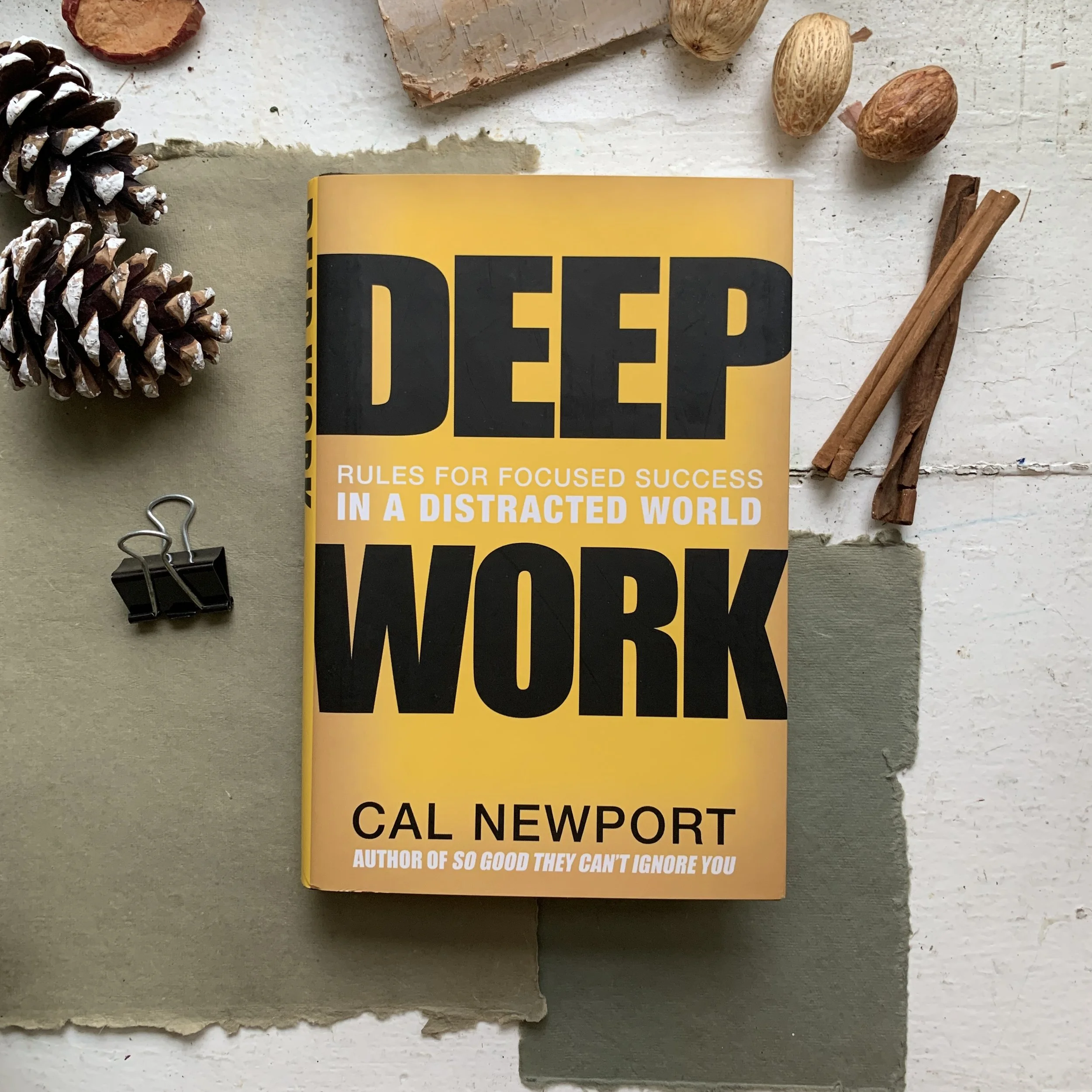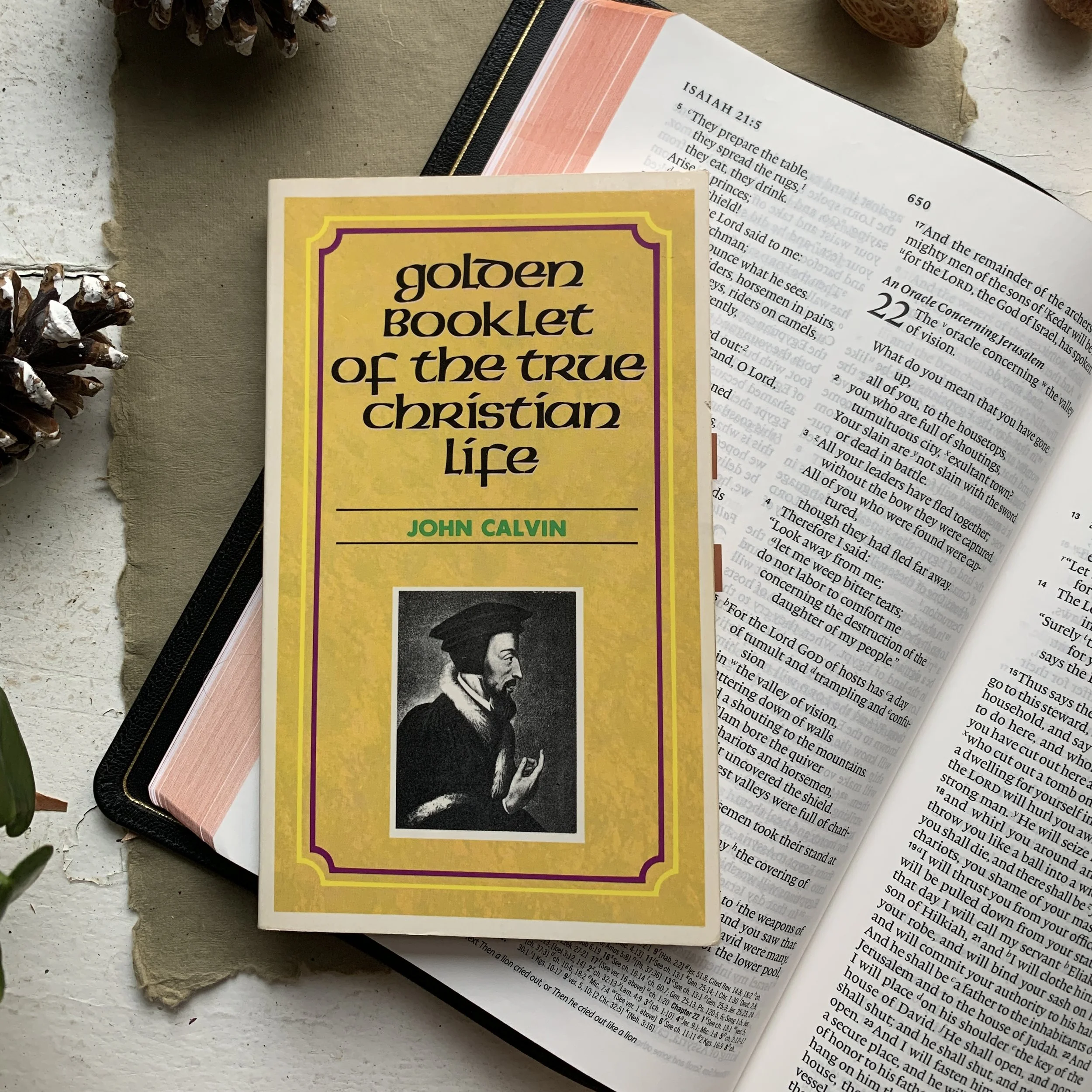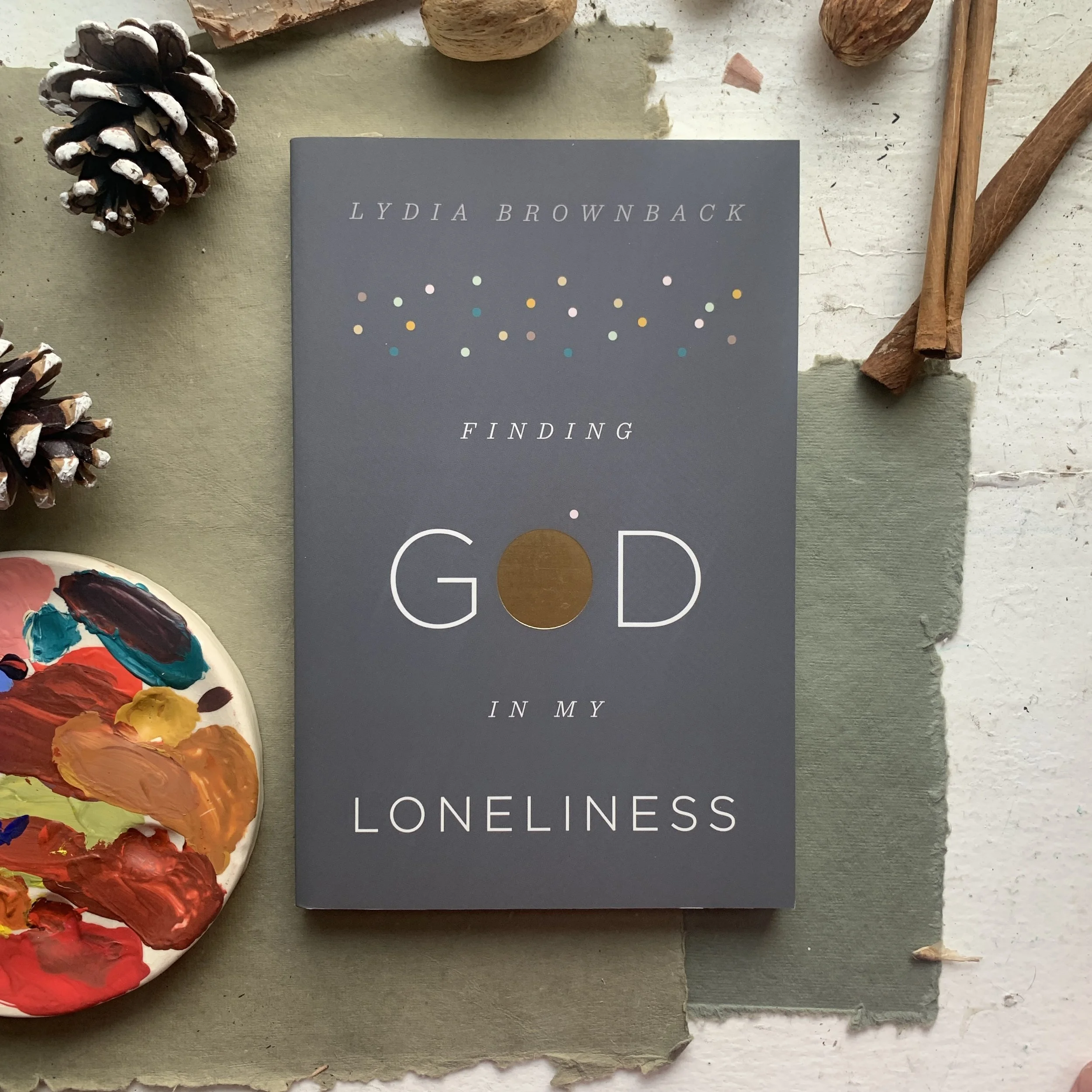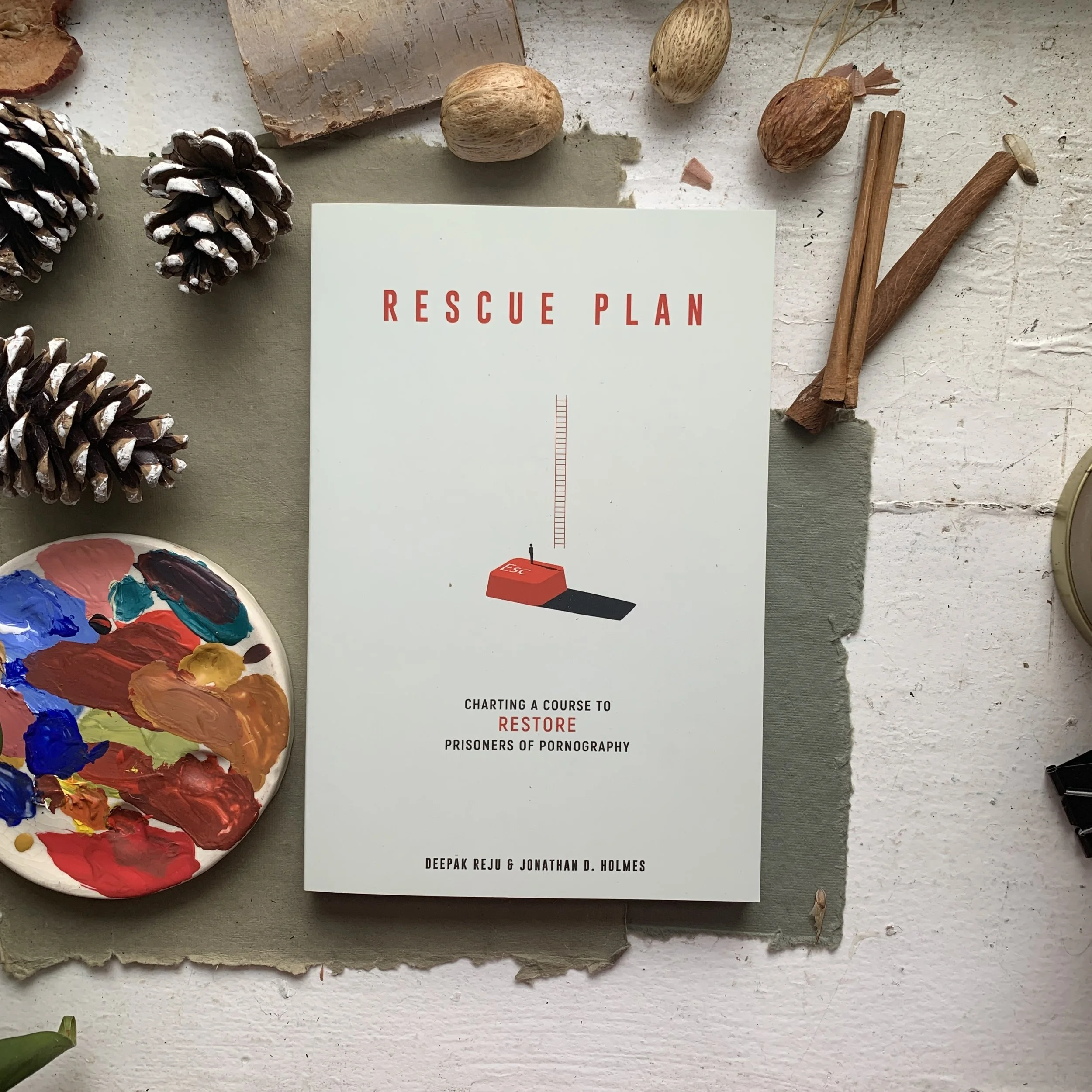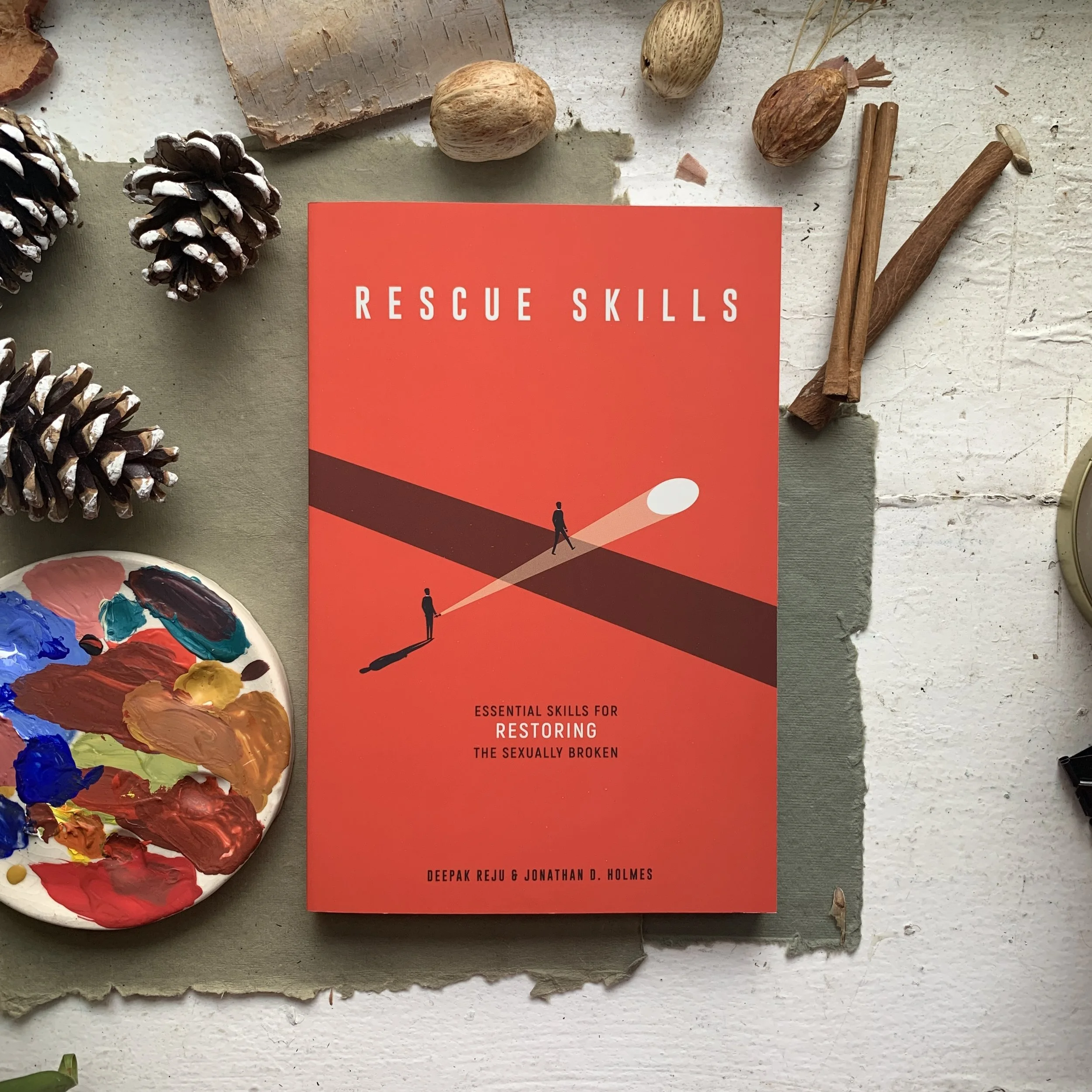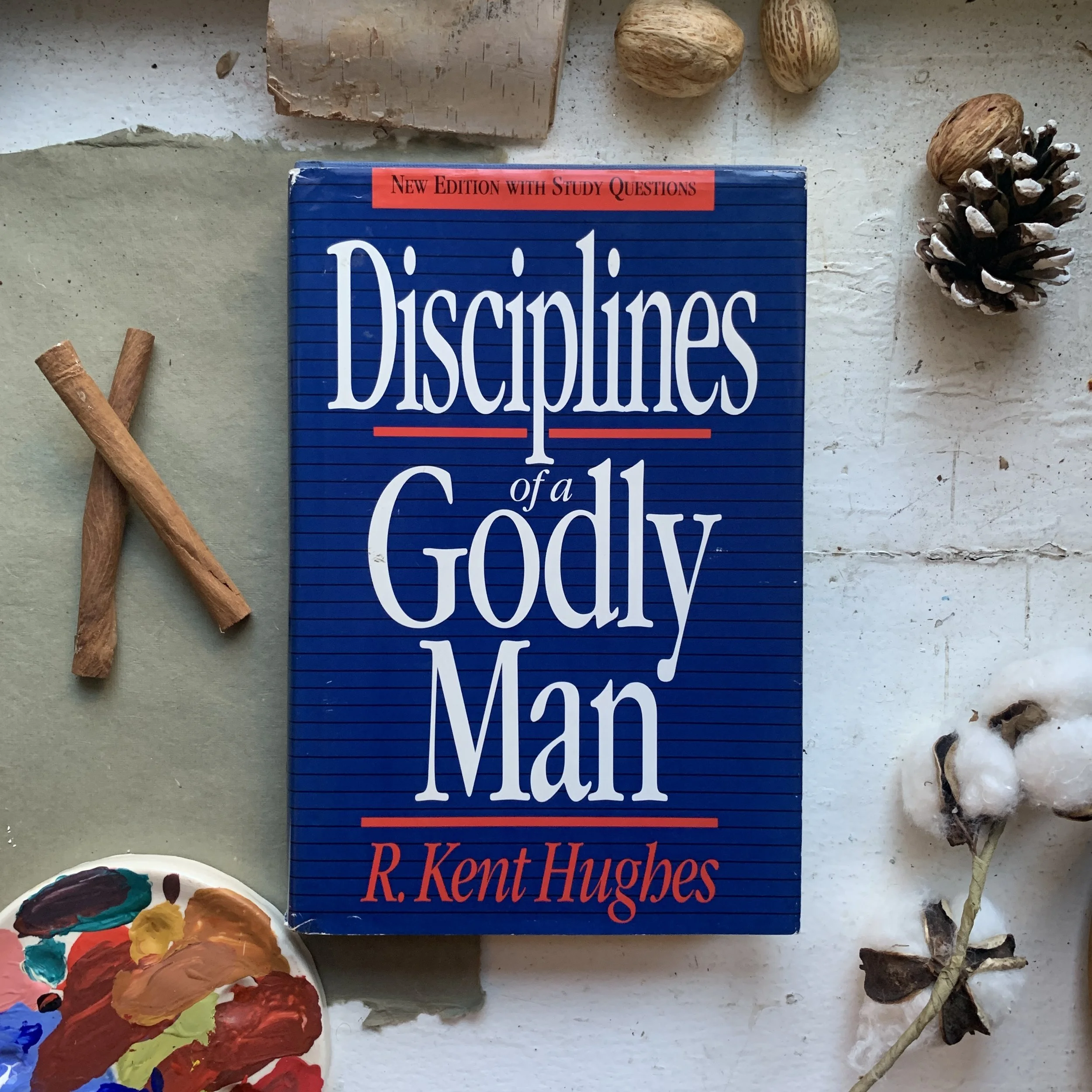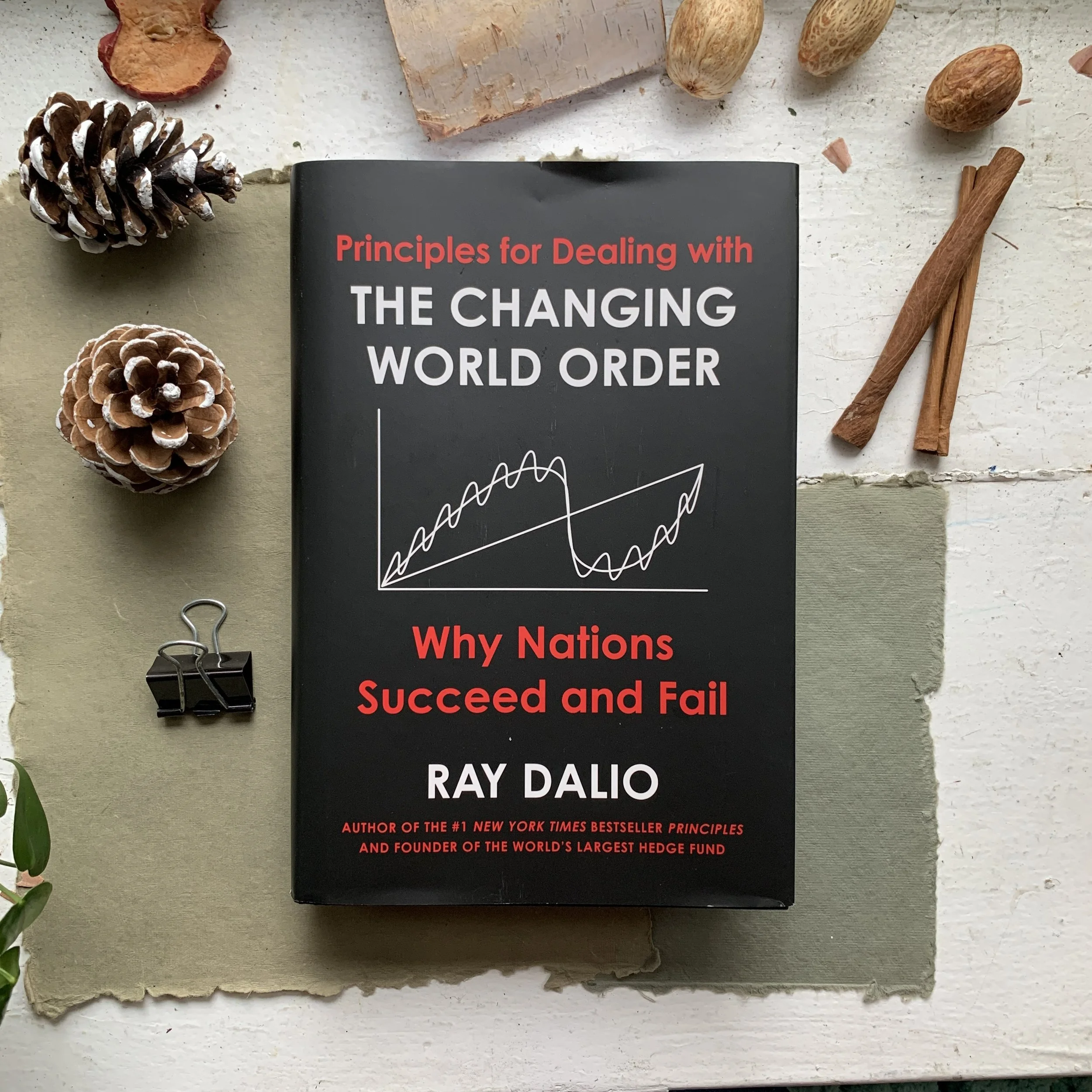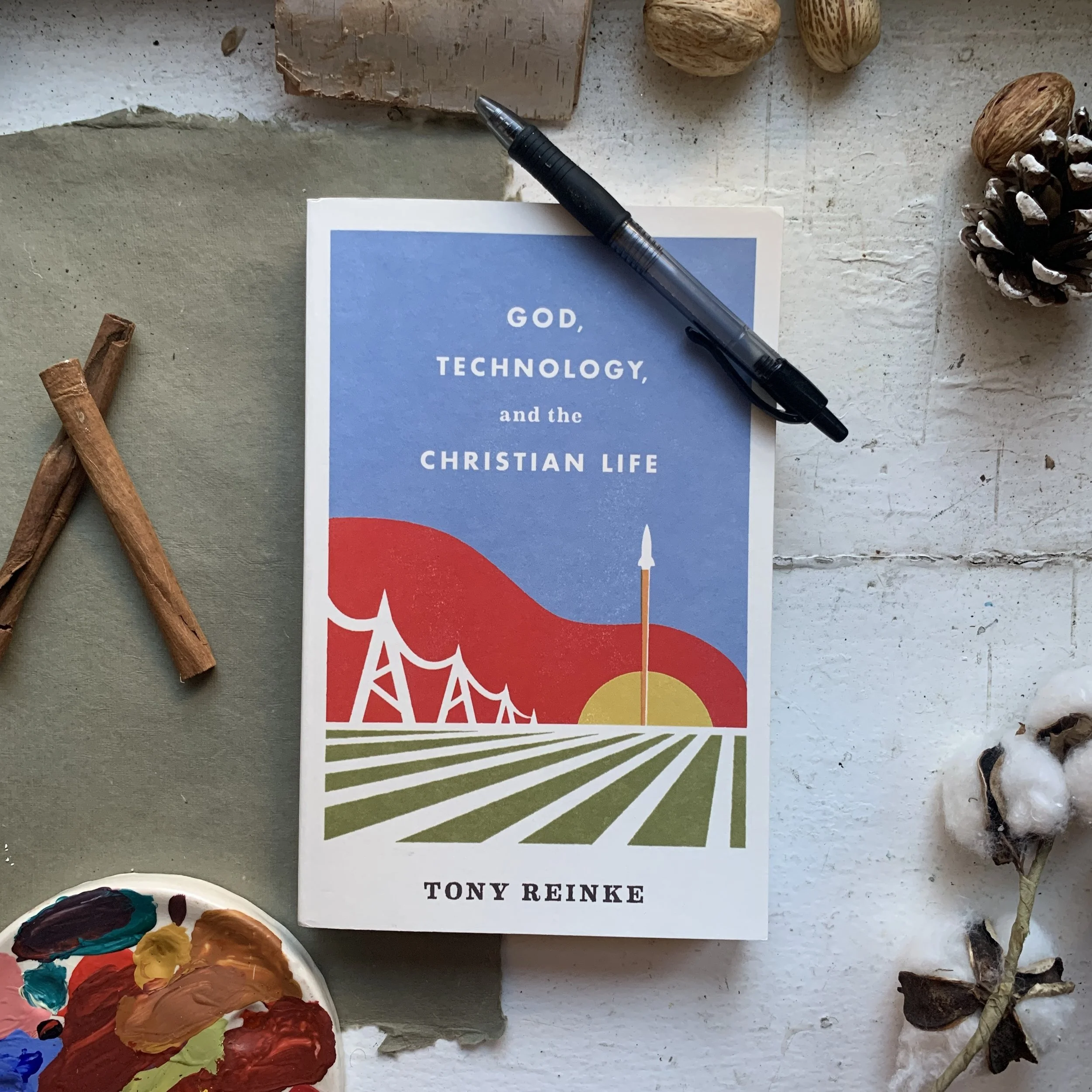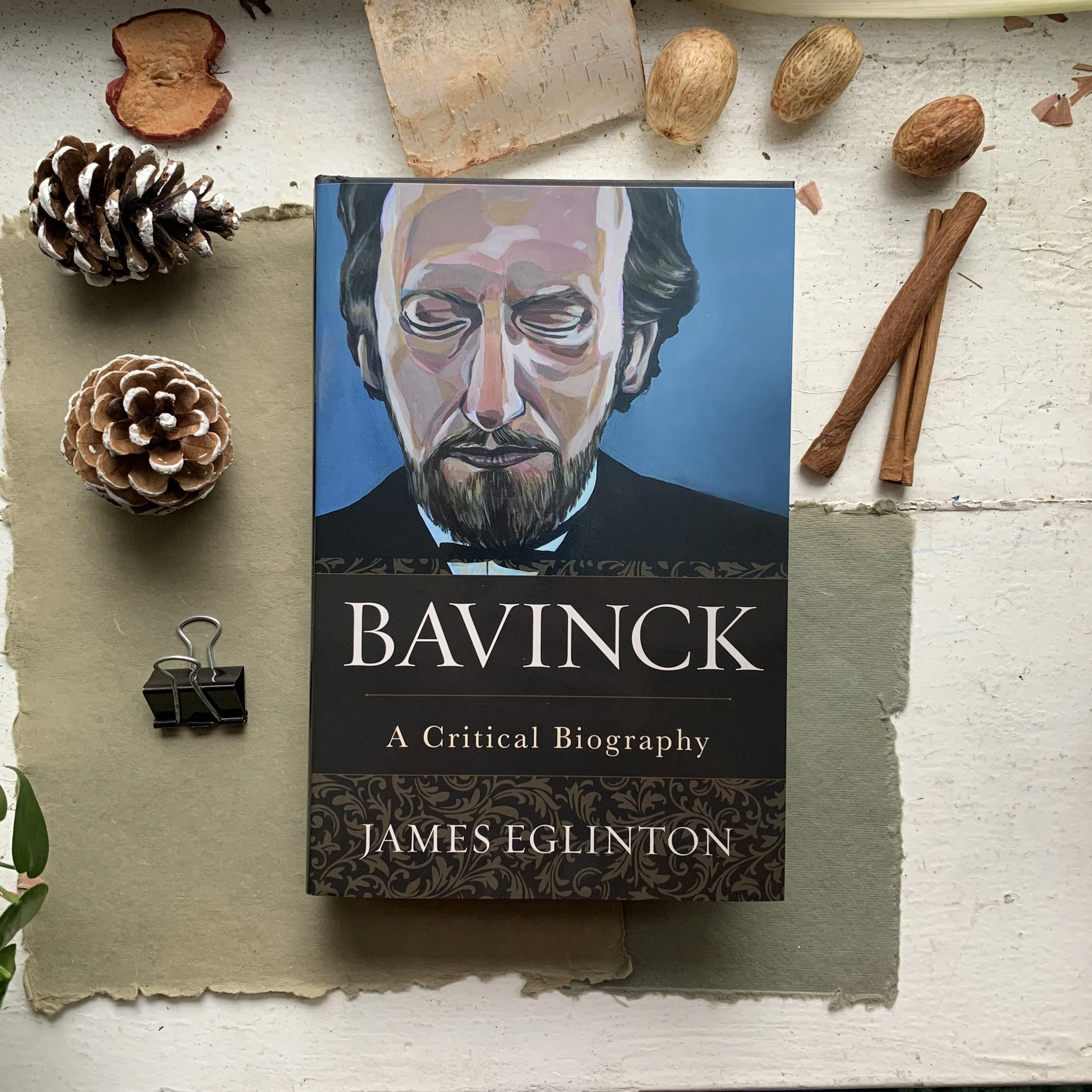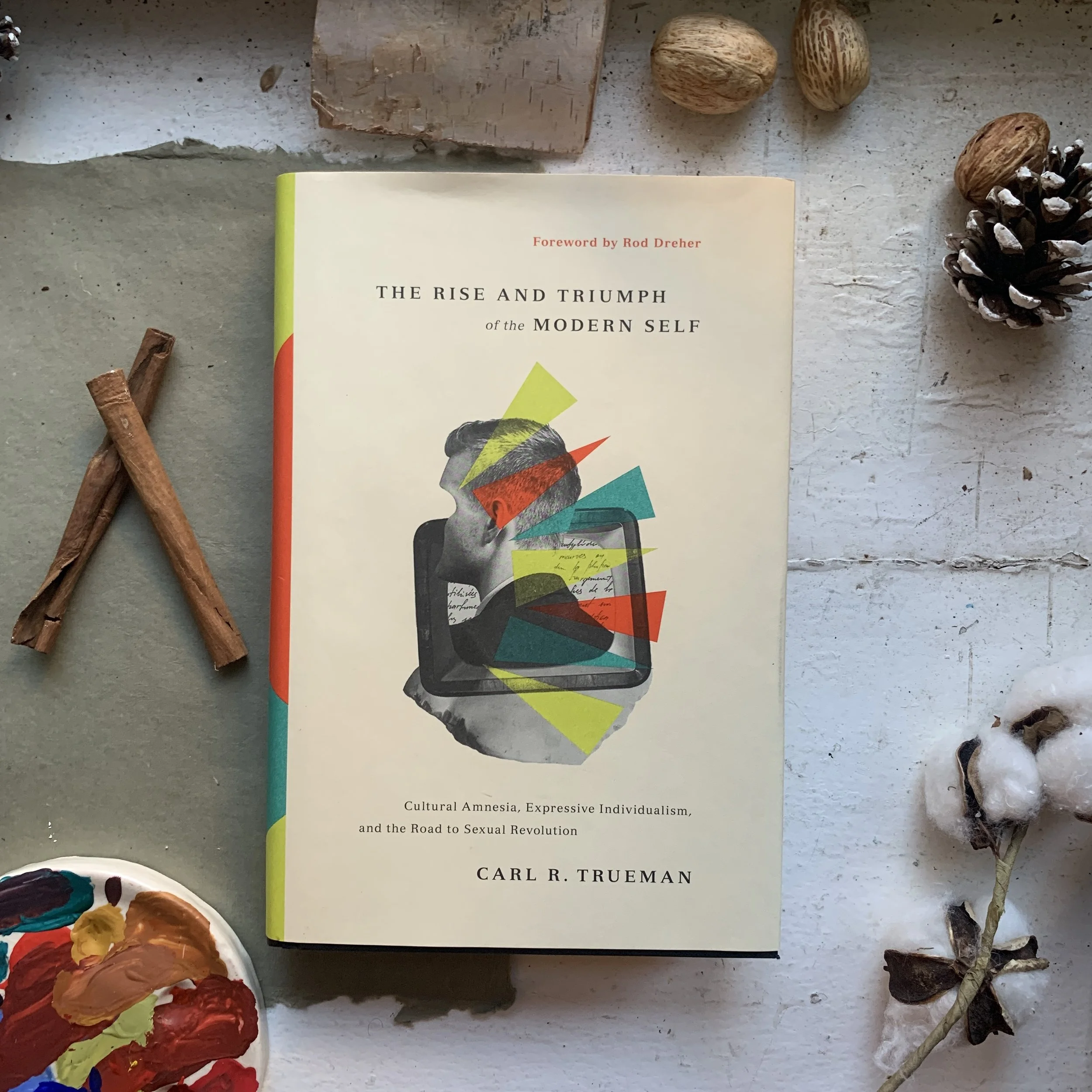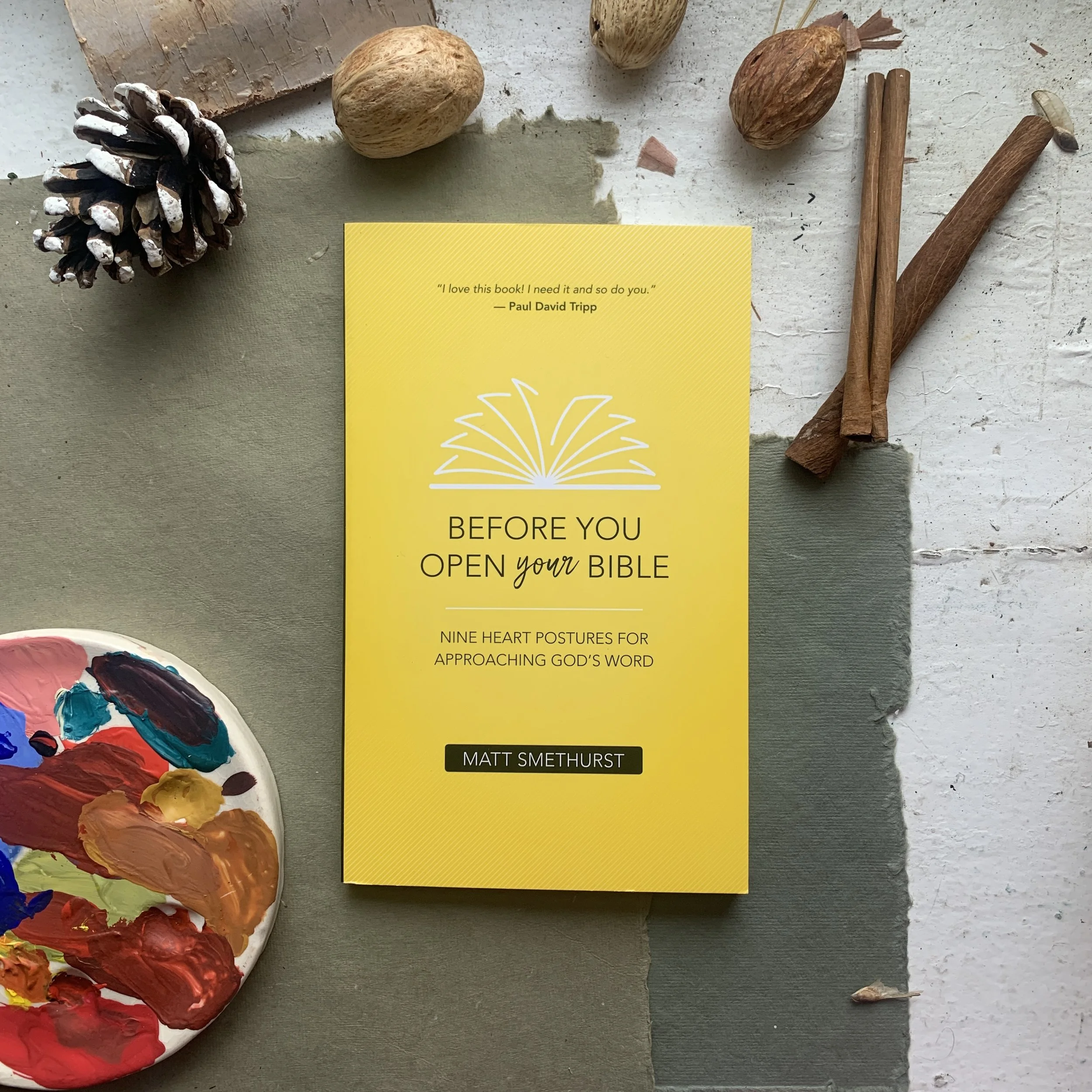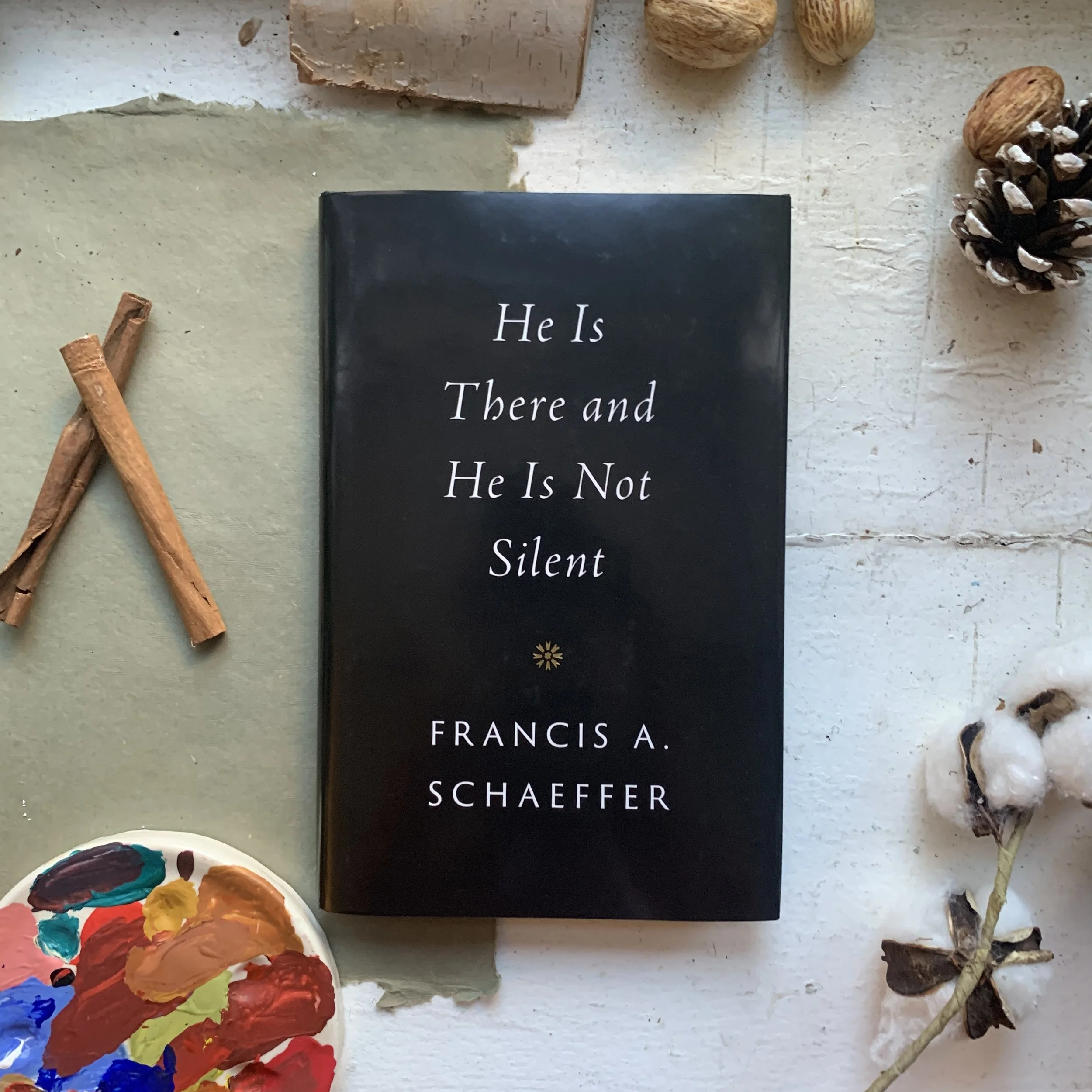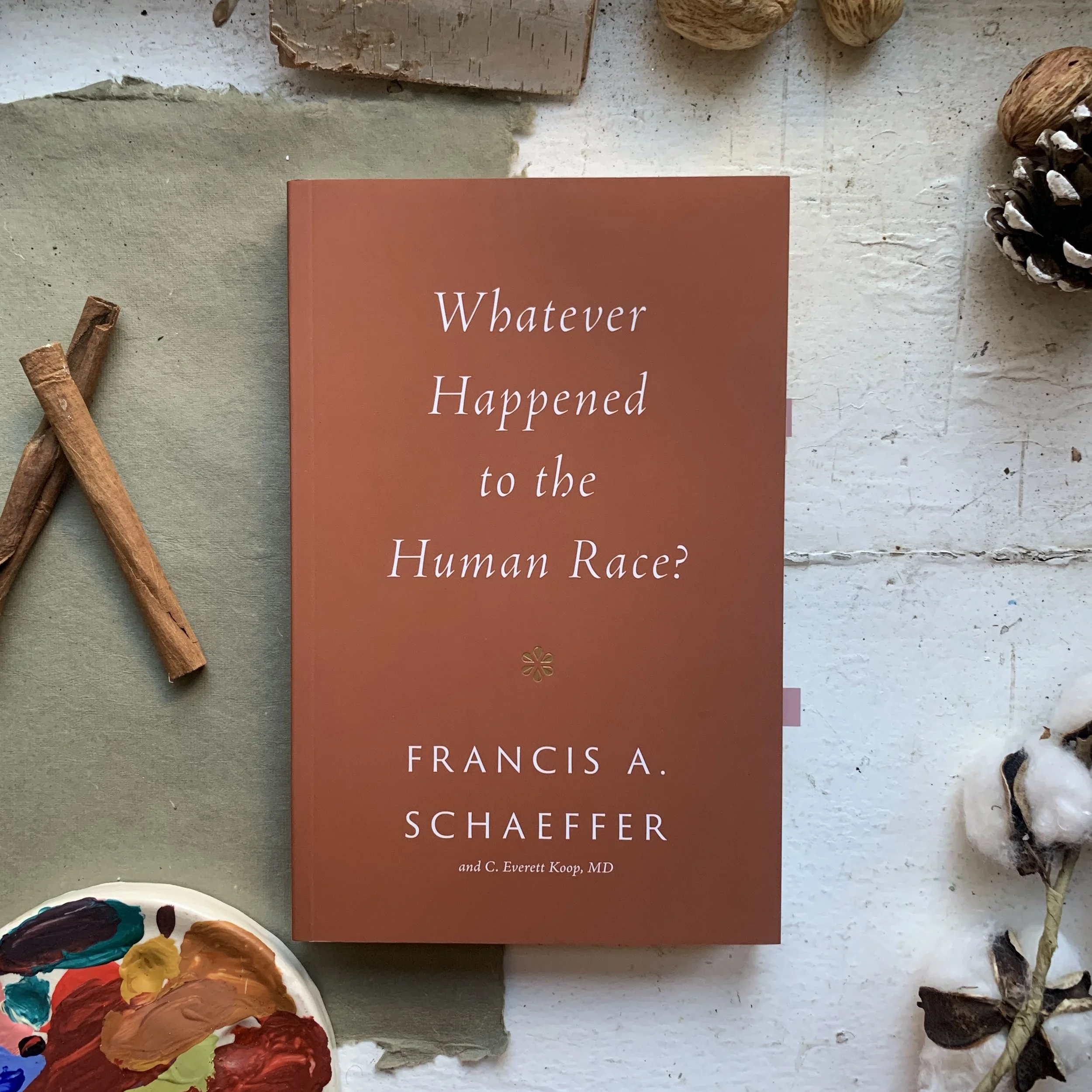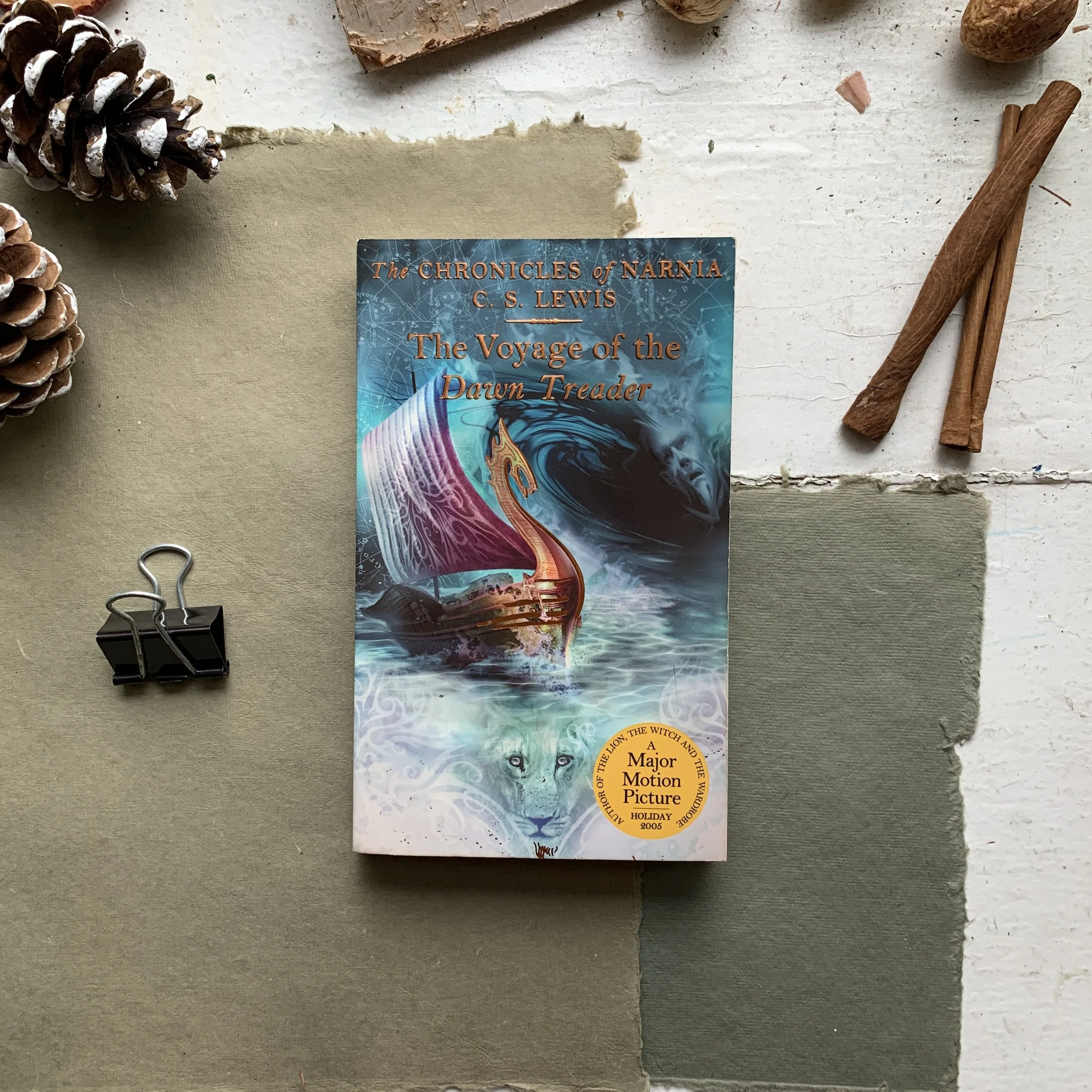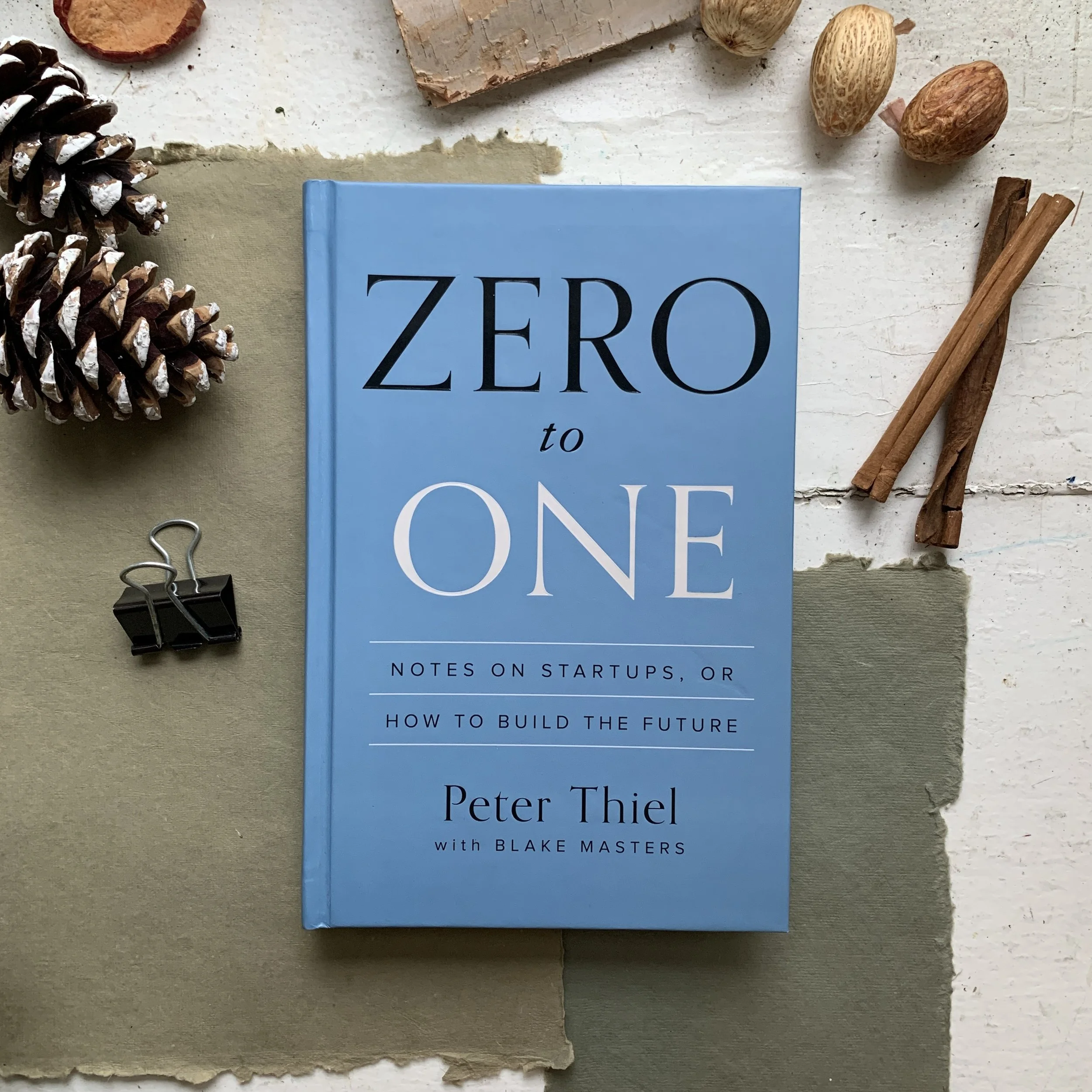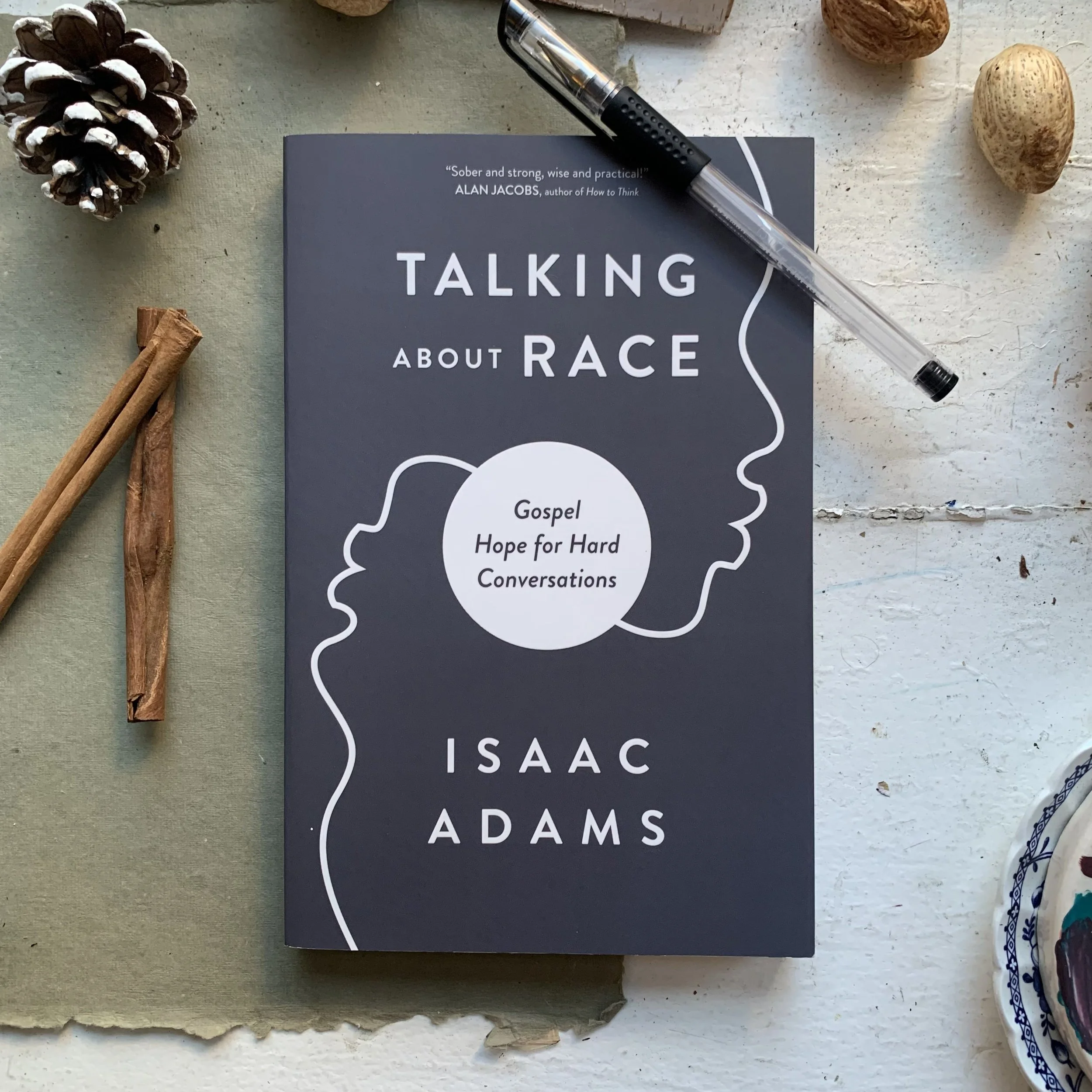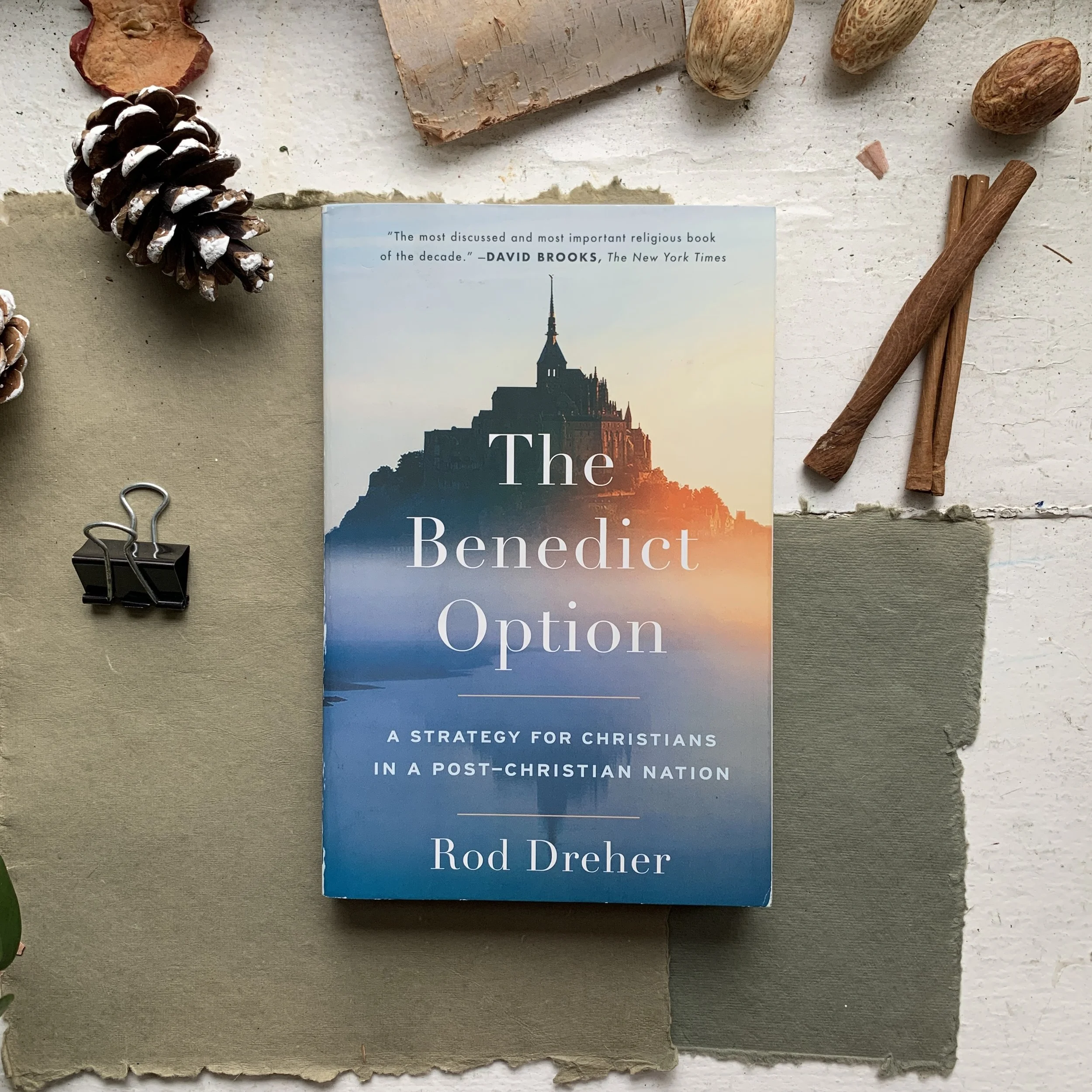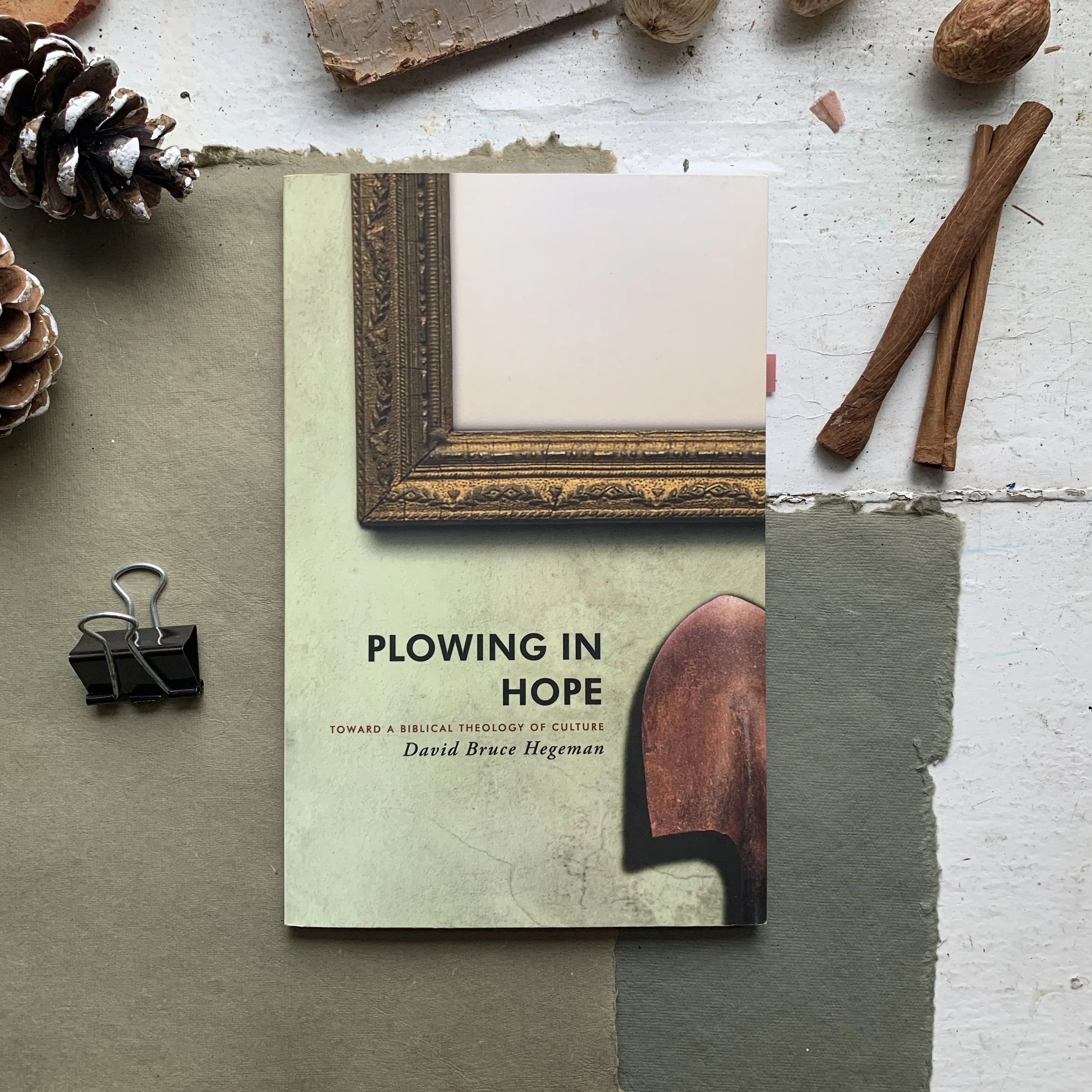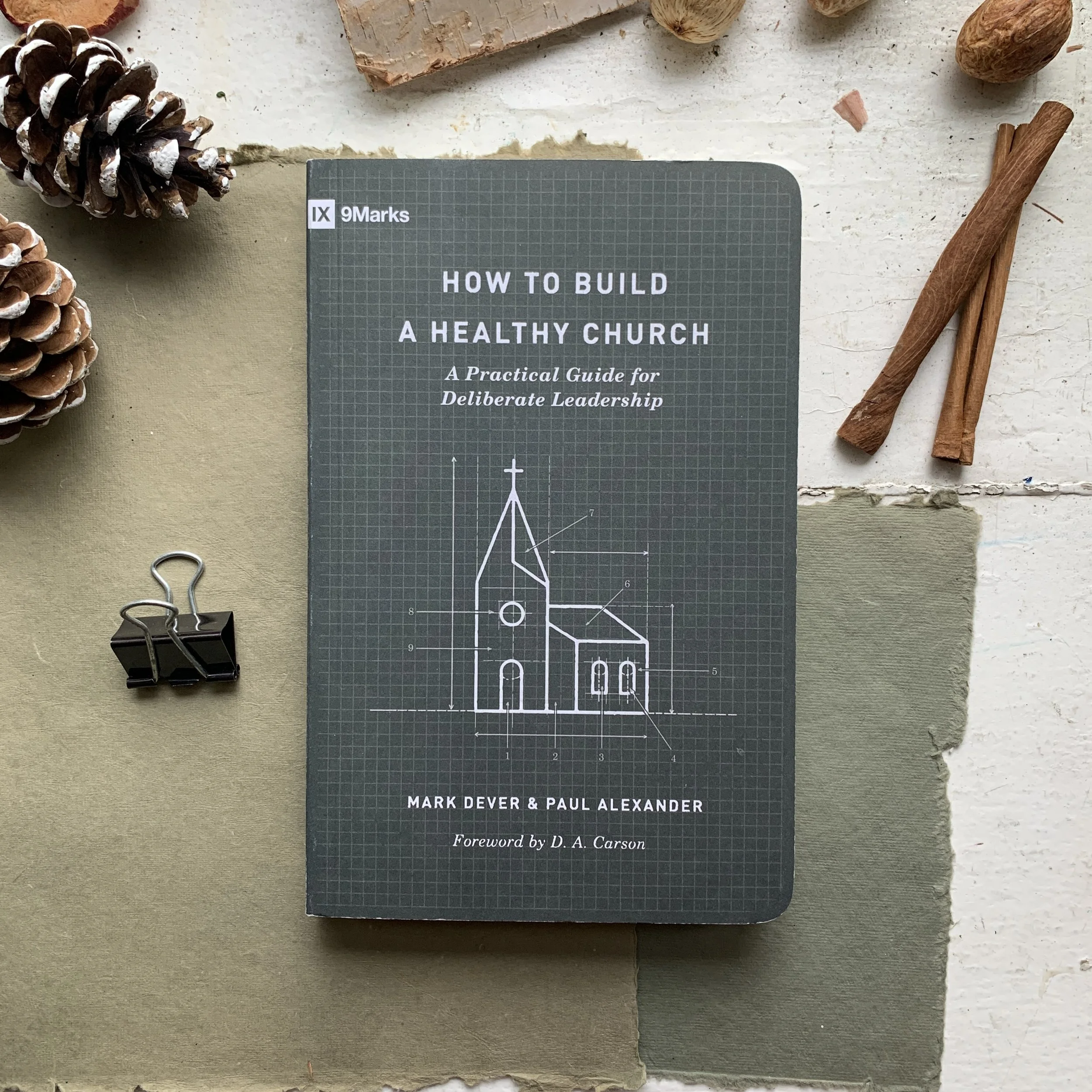2022 Reading List
This is a list of all of the books I read from in 2022. I did not complete every single book on this list.
Deep Work by Cal Newport
Modern classic on productivity. Everything Cal Newport writes is worth reading to (or listening to on audiobook), but this is probably the most well-known of his books. The future belongs to people who are able to do difficult tasks and the pool of people who are able to do difficult tasks seems to be shrinking with every passing day. Newport’s idea of Deep Work is the means by which workers can spend increasingly large amounts of time focused on tackling a single difficult task. Ministry requires creating a lot of content, and content creation is a prime candidate for deep work, so I’d recommend this to anyone in ministry or content creation!
Golden Booklet of the True Christian Life - John Calvin
Calvin's Golden Booklet of the True Christian Life is an excerpt from his Institutes. The way that Calvin writes on obedience, self-denial and the hope found in the next world brings comfort to souls beaten down by the difficulties of this life. It is evident that Calvin is writing to a world that knows suffering well, and in the midst of that suffering he encourages his reader to lift their eyes up from this world, and find their hope in the world to come. I recommend it to anyone who would like their affections for God and for heaven stirred up!
Facing Leviathan - Mark Sayers
Is leadership supposed to be efficient and process-oriented or organic and natural? Mark Sayers traces the history of leadership from the Enlightenment to the 21st century, and in doing so he seeks to cast a vision for cross-centered leadership. He uses some examples from literature that I found to be interesting, I’d recommend it for anyone in church leadership.
Date Your Wife - Justin Buzzard
This is an honest book from a husband to husbands. He talks to men like I imagine people talked to men in the mid 2000s. In that way, the tone felt a bit dated but I love Buzzard’s vision for men to take responsibility for their marriages. Personally, I have had the experience he describes of pursuing my wife while we were dating and then coasting when we got married, so I benefited from that wakeup call.
Finding God in My Loneliness - Lydia Brownback
One of my priorities in 2022 is to read more books written by women, and I’ve known Lydia Brownback to be a doctrinally sound writer. I appreciated how she integrates her experience into the book. For the person struggling with loneliness, I can see how hearing the stories of a fellow struggler could help one feel less alone. She speculates on how many characters in the Bible could have struggled with loneliness too, you might find that to be inspirational.
Rescue Plan - Deepak Reju & Jonathan Holmes
Rescue Plan is about the what, when, and why of walking beside believers who struggle with pornography. It is an accompanying book to Rescue Skills, which I’d recommend reading first. Skills lays the practical foundation that Plan builds on with a theological foundation of sexual sin and recovery. I’d recommend this to anyone who reads Rescue Skills and wants to learn more.
Rescue Skills - Deepak Reju & Jonathan Holmes
This is a practical- “How-to” book on restoring users of pornography. I appreciate the frankenss by whuch Reju and Holmes address the issue, and their call for helpers to call strugglers to both take significant steps in laying down boundaries against pornography, and to address the heart of the sexual sinner. Pornography use is a significant issue in today’s church, I’d recommend this to anyone involved in any kind of discipline role.
Community - Brad House
Community is a book on building a thriving small group ministry. If you lead a small group at your church, or if you lead your church’s small group ministry, I’d highly recommend this book. You’ll probably glean some helpful tidbits here and there, I really appreciated the sample small group calendar that House includes. There’s a theological foundation that often goes overlooked that I really appreciate about House’s work, along with the guidance about numbers, logistics, and spans of care. No matter what size your church or ministry is, there’s something to be learned from this book.
Disciplines of a Godly Man - R. Kent Hughes
I went into this book thinking that it was going to be in the genre of spiritual disciplines like Bible reading, prayer, fasting, etc. There’s some of that, but this is much more a book about being a godly man than it is about spiritual disciplines. I’d recommend every man read this book. He does not fall into the stream of manhood that encourages men to eat meat, hunt and smoke cigars as the fullest expression of manhood. Instead, men are to exert holy sweat to the end of worshiping the Lord, taming one’s tongue, committing to a church, leading at home, and other godly ends. I now see why this is a classic.
The Silver Chair - C.S. Lewis
My first time reading the Chronicles of Narnia!
The Changing World Order - Ray Dalio
This is not a Christian book. To be totally honest, this book is fueling my paranoia that the U.S. economy is going to change in a very significant way. Dalio studies history, internal financial cycles and external conflict cycles to try to connect the dots of why nations seem to rise and fall in a cyclical manner. There’s some heavy lifting in this book but Dalio organizes it in a way that makes it very skimmable, or you could just watch this video and get 90% of the important information. Long story short, good values cause countries to improve economically. Countries with strong economies often overspend and forget the values that led to their prosperity. Overspending countries are vulnerable to external threats and internal wealth gaps that stir up civil unrest.
God, Technology and the Christian Life - Tony Reinke
Reinke is not a tech-pessimist or a radical tech-optimist. Instead, he argues for a responsible use of technology, recognizing that God is the ultimate creator of all technology. This could have been two books: One on the history of tech, and another on the “so how do we live in light of modern technology?” I’d recommend this to anyone who desires to be on the cutting edge of the Christian view of technology. Beware: there are only a few chapters in this decently long book, so buckle up when you start a chapter because it could be a wild ride.
Bavinck: A Critical Biography - James Eglinton
This promises to be the defining biography on Bavinck for the next generation. If you have questions about the “two Bavinck” hypothesis, or if you are concerned that Bavinck may have had a crisis of faith before he died and walked away from the Lord, read this book. If you want to learn about the man behind the Reformed Dogmatics and the Wonderful Works of God, read this book.
The Wonderful Works of God - Herman Bavinck
Many have marked this book as the best one-volume systematic theology in print. I’d agree with that assessment. Herman Bavinck is a 19th-early 20th century Dutch Reformed theologian who sought to be both orthodox in his beliefs and also conversant with the modern thinkers of his day. In that way, he serves as an example for each of us who desire to speak the unchanging gospel to a post-Christian world. The theology and the writing are both solid, I’d recommend that everyone own a one-volume systematic theology to reference, and this is a solid choice for that purpose.
The Rise and Triumph of the Modern Self - Carl Trueman
In Rise and Triumph of the Modern Self, Trueman aims to show that the various cultural issues of identity that Christians are facing today are simply the logical end to a way of thinking that began centuries ago, and thus they ought not to take us by surprise. For a long time the world lived on a Christian foundation, but while that foundation previously showed some cracks, now it is crumbling beneath our feet, and Trueman shows us why. This is the longer read for “more serious” theologians, although I think it’s decently accessible. His book Strange New World covers some of the same ground in about 50% of the length.
Before You Open Your Bible - Matt Smethurst
This book is small in dimensions and very short in length, and so it is very easy to recommend. One suggestion for how you might use this book is by reading a chapter every morning before you do your regular, devotional reading of Scripture. This will help to warm your heart up and prepare it to approach God’s Word in an appropriate way. This is the kind of book that I would love to give to every youth group or college ministry participant to help shape their view of the Scriptures. Check it out if your time in the Word is feeling stale!
He is There and He is Not Silent - Francis Schaeffer
This is one of the shorter works of Schaeffer that I’ve read so far. Crossway did a great job republishing his works! This one is intended to answer epistemological questions: “How do we know what we know?” Finite man is able to identify that there is such a thing as the problem of existence, but only knowledge of the infinite-personal God enables man to come to a satisfying solution. Not only that, revelation is what enables man to make moral judgments, not merely factual judgments about what a majority of people agree is right or wrong.
Extreme Ownership - Jocko Willink and Leif Babin
This is not a Christian book. That being said, I found the principles in this book to be very helpful when it comes to my role as the leader of a few teams, as well as being one part of a larger staff team. I’d recommend this to any leader, extreme ownership has helped me to quit blaming others and to search for any way that I could be contributing to a problem, and ultimately to do what it takes to achieve the goal, even if on paper the person who is failing is not my responsibility.
The Bruised Reed - Richard Sibbes
A gentle and readable introduction to the Puritans. If you haven’t read anything written by a Puritan before, this small book by Sibbes is a great place to start. This is a book aimed at encouraging and comforting those of us who feel weak and bruised in our Christian walk. Yes, God bruises us, but God also gives us strength to endure and Christ will not quench the smoking flax that exhibits even the smallest signs of life. This is a book that I will go back to again and again to remind myself of God’s heart of mercy for me.
Whatever Happened to the Human Race? - Francis Schaeffer
I’m on a big Schaeffer kick this year, and this short book is Schaeffer at his cultural analytic best! Without pulling any punches on the topic of the sanctity of human life as it relates to the right to life both in the unborn and in the elderly, Francis Schaeffer advocates strongly for the Christian perspective on life issues. I loved how he lays out the Christian case for human dignity, and he really helped me to see that without the Christian worldview, there really is no case for human dignity and so we ought not be surprised when our society at large treats humans like they have no intrinsic value. This book is my new go-to for explaining social issues.
The Voyage of the Dawn Treader - C.S. Lewis
My first time reading Narnia! I loved this book, particularly Reepicheep’s role.
Making Faith Magnetic - Daniel Strange
Everyone wants to be better at speaking the gospel. Strange’s short book is a helpful tool to help Christians connect the gospel to five major themes in the 21st century west. He starts with the idea that God is not hiding from us, but instead we are hiding from God. Try as hard as we can, we can’t escape him (because we are His image-bearers), and so there is always something for the Christian to hold onto in evangelistic conversations. I was left wanting more as I read the book, if Dan Strange was a stock I would buy buy buy! Highly recommend not just this book but everything he’s ever written. I’m reading Plugged In next.
No Little People - Francis Schaeffer
No Little People kicked off my Schaeffer journey for the year. This is a collection of Francis Schaeffer’s sermons and lectures. If you’re a preacher, I’d recommend familiarizing yourself with the texts Schaeffer covers in this collection, he’s worth referencing if you plan to preach on one of these texts. If you’re not a preacher, it’s worth reading to see how Schaeffer interprets and applies Scripture (particularly the Old Testament). The book’s namesake No Little People, No Little Places is the standout sermon from the book! If you’d like to start the habit of regularly reading sermons, this could be a good place for you to start.
Zero to One - Peter Thiel
I follow a few non-Christian nonfiction bookstagrammers to try to get a hold of what books are floating around contemporary culture, and this was a book that kept coming up and I’m a business book lover so I figured I’d give it a read. I had no background knowledge of Thiel so it was cool for me to learn that he was part of the squad that founded Paypal (the Paypal Mafia) and worked alongside Elon Musk. What I appreciated most about Thiel’s work is that there are essentially two types of businesses - the businesses that are doing something brand new and the businesses that are making something already in existence more efficient. His encouragement is to try to build a type one business, that’s where the opportunity lies. I’d recommend it if you’re the kind of person who’s constantly reading a business book.
True Spirituality - Francis Schaeffer
I’m reading a bunch of Schaeffer books this year, and this one was recommended by Ray Ortlund. If you want to understand Schaeffer’s spirituality, this is the book to start out with. I gleaned a ton of insights from my first read-through of this book, but I got the feeling that I was only scratching the surface and that I’ll have to read the book again at least one more time to really understand what Schaeffer gets at in this book. I’ll need to study a bit in order to get more out of some of Schaeffer’s abstract concepts, but this is a good read for someone who is used to reading more challenging books and who also wants to grow in their spiritual life.
Talking about Race - Isaac Adams
What I appreciate most about Isaac Adams is his ability to avoid foolish controversy. He writes this book on how to have conversations about racial issues with a pastoral heart. I would especially recommend this book to the pastor who is facing criticism on how his church handles issues of race. In this book, the weary pastor will find a co-laborer who may not always come to the same conclusions as you, but desires to have the conversation in a spirit of love. Above all, pray for your church. We need prayer even more than we need conversations, and Adams’ ministry displays evidence of his dependence on God.
The Benedict Option - Rod Dreher
The culture is rapidly shifting beneath our feet. How will the church survive in a world that is not only increasingly post-Christian, but opposed to Christianity? Rod Dreher’s The Benedict Option is one helpful attempt to start answering that question. I did not agree with everything Rod Dreher suggested or concluded (it’s worth noting he is not a Protestant, he’s Eastern Orthodox), but his book is required reading for anyone seeking to form a Christian response to the current cultural chaos. After all, teaching Scripture to your kids, investing your life into a local body of believers, and being careful with regard to one’s use of technology are all insights that many of us could use a refresher on.
Plowing in Hope - David Hegeman
I love reading books about culture and creating culture. David Hegeman’s book on culture helped me to see that culture-making is a theme that stretches throughout the entire Bible, from Genesis to Revelation. Culture-making was implied in God’s original command to Adam to work and keep the ground. He defines culture as “the concretization - the rendering in some permanent form - of mankind’s culturative acts, commonly manifested in man-made objects, structures, texts, etc.” (37) God has hidden potential within the earth, and it is man’s role to uncover and utilize that potential. Christian, although it can be scary, go and create something!
Behold - Justin Huffman
Justin Huffman has written a book that is needed in our age of short attention spans. It has struck me that one of the underrecognized consequences of the internet is that irreverence abounds. Feeling any kind of genuine emotion is drowned out by irony and sarcasm. Awe is a foreign concept for the person who has been desensitized by the internet. The need to restore our sense of awe and transcendence has never been greater. Huffman helped me to understand how the authors of Scripture intended for us to respond when we see the word “behold,” and to take a minute and rethink the significance of the events recorded in Scripture.
How to Build a Healthy Church - Mark Dever & Paul Alexander
I recommend that anyone in any level of church leadership read this book or at least have it on hand as a practical reference. You won’t want to do everything in ministry the exact way that Mark Dever and Paul Alexander describe in their book, but they wouldn’t want you to blindly follow everything they say either. Instead, what you’ll find in this book is a thoughtful consideration of just about every facet of ministry. The chapters are short but thoughtful, perfect for the pastor who is regularly making decisions. This book is pure nuts and bolts, a way to take 9 Marks of a Healthy Church and put them into practice.
Meditations - Marcus Aurelius
This is not a Christian book. I picked up this book because I follow some Christian Bookstagram pages that aren’t specifically Christian, and I saw that pretty much all of the non-fiction bookstagrammers were recommending this book. Generally, I struggle to relate to other men in their 20s and 30s, and I know that this book is influencing many men in that demographic so I figured I’d give it a read. Overall, I’d recommend just reading a summary of Marcus’s thoughts or a “best of” the meditations. There’s some value here, particualrly in his challenge to face the reality of death, but there’s ultimately no hope other than dying in a way that is in accord with nature and then ceasing to exist forever.
The Pursuit of Holiness - Jerry Bridges
This book is a modern classic. If you haven’t yet read it, you should probably pick up this book and read it. Bridges has a high view of God’s sovereignty and he doesn't shy away at all from calling his readers to exert effort in obeying God and pursuing holiness. There is no guilting or shaming, but plenty of gospel-empowered challenges await the reader of this book! I especially appreciated his words on the importance of internalizing God’s Word and making war against our sin. Great example of depending on the Holy-Spirit and disciplining one’s will toward obedience.
Affiliate Links Disclosure: As an Amazon Associate I earn from qualifying purchases.
